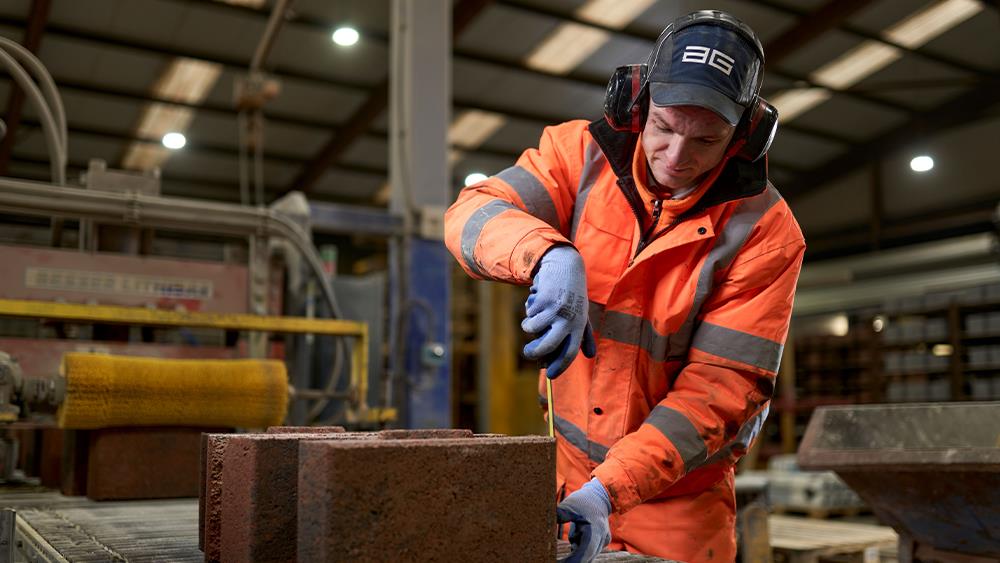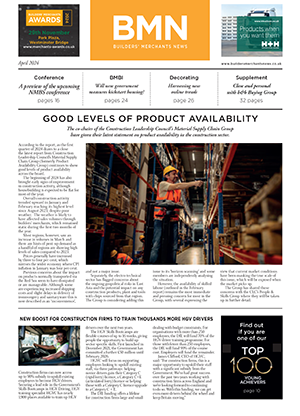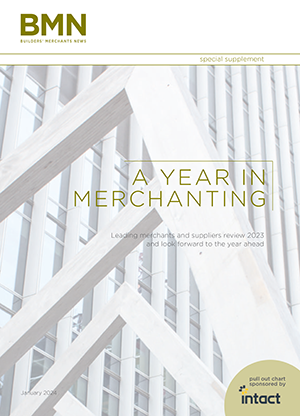With imported building products becoming more expensive in the aftermath of Brexit, it’s no wonder that some experts have predicted a rise in construction costs by up to 12%. But as imports are becoming less competitive, could some British manufacturers profit from it?
I believe there will be a strong favourable trend in the domestic market towards building products manufactured locally over the next couple of years.
According to the Building Materials and Components Statistic published by the Office for National Statistics, last year electrical wires were both the most imported building products – with a total value of £1.55bn, as well as the most exported, accounting for £684m. One of the main reasons is that products manufactured in Britain are often a higher grade or quality and therefore more expensive than what the local construction market requires or is willing to pay.
Timber window frames are another example. I have a strong tradition of manufacturing them in the UK, but many constructors prefer imports from countries like Poland, although they accept that the arrangement comes with some disadvantages. At the same time, British joineries will export their production to other markets at higher prices – a recent study by Barclays shows that the ‘Made in Britain’ label commands premium rates overseas, and I believe that trend will continue undeterred.
But with cost gaps between imports/exports closing, the UK construction market will turn its attention more firmly to what the local manufacturing sector has to offer. This is an excellent opportunity for building product companies to grasp more market share through effective branding and positioning.
Obviously many British building product manufacturers import their raw materials and components, which has already pushed some of them to roll out price hikes after the Brexit announcement, however, in the longer term we will potentially see them bringing more stages of their production back in the UK, and sourcing their components more locally.
Andrew Scott is managing director of Purplex.









